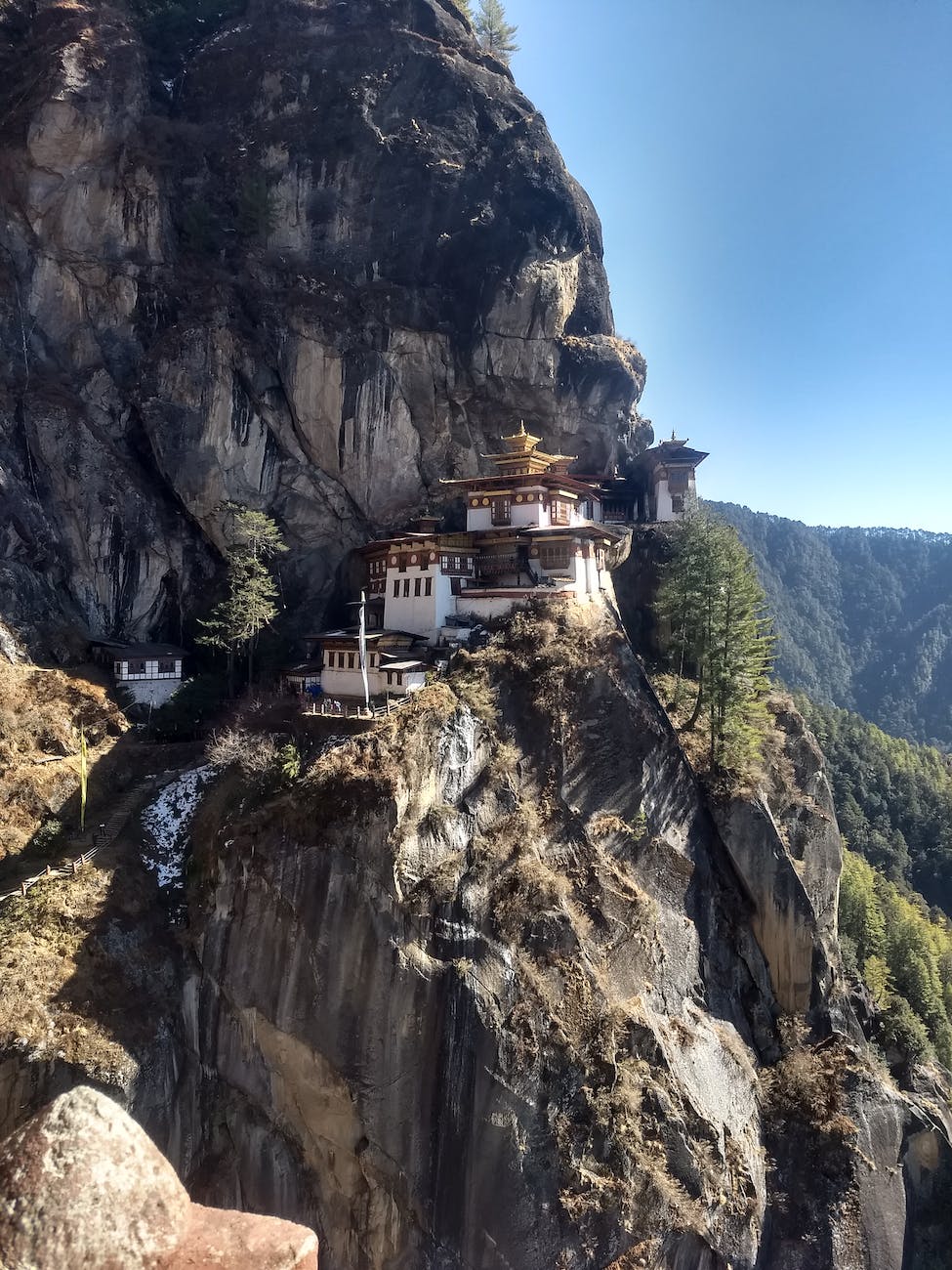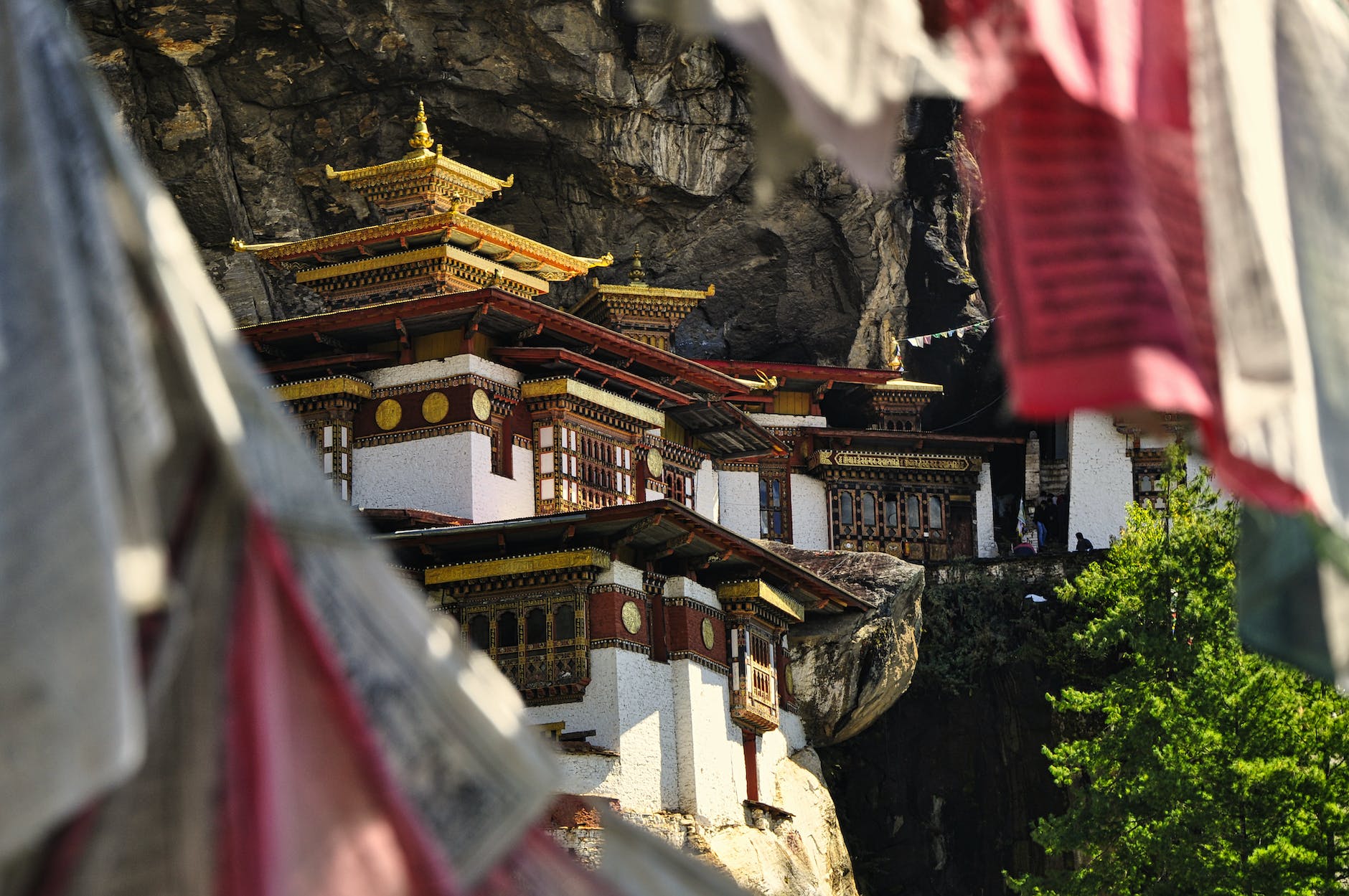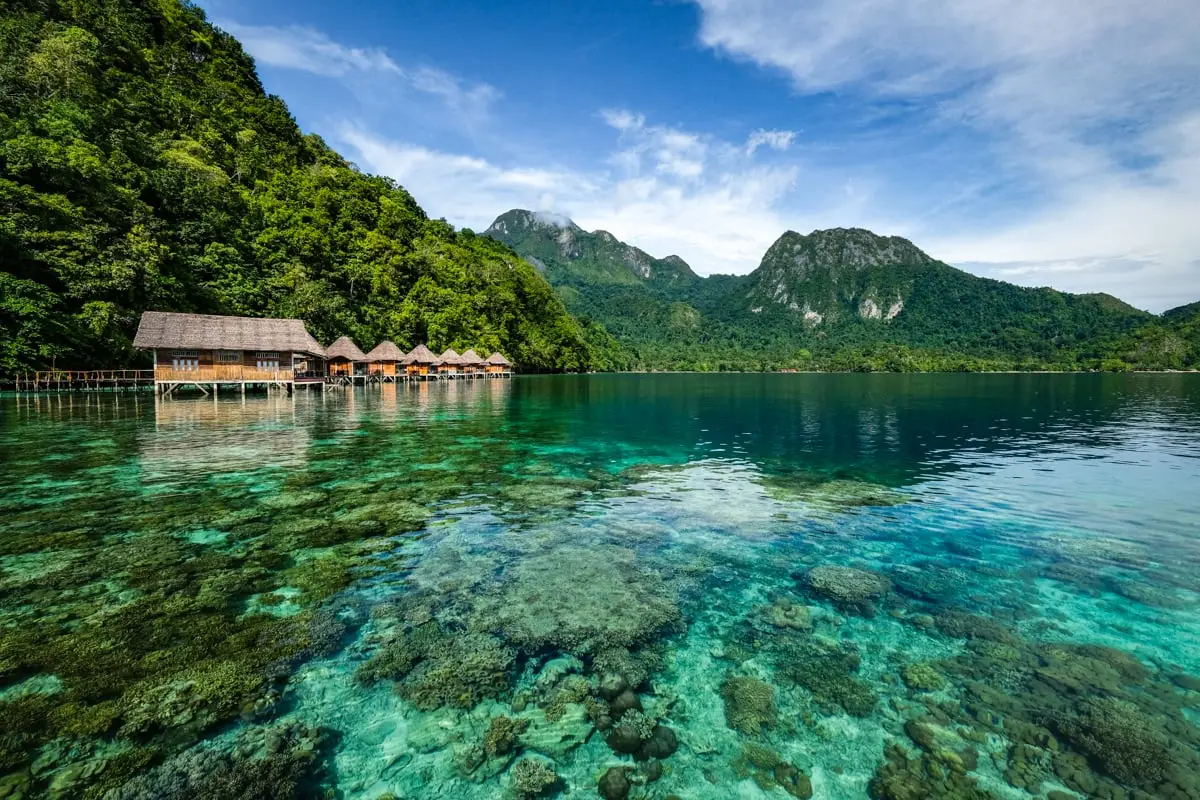Why Tiger’s Nest is Bhutan’s Crown Jewel
Perched precariously on a rocky ledge, 3,120 meters over sea level, Paro Taktsang-or Tiger’s Nest-is way more than a monastery; it is an architectural wonder, spiritual retreat, and that box every traveler must tick to know what an adventure smells like when laced with cultural richness and serene beauty. Nestled in the Himalayas, this site is deeply spiritually significant in Bhutanese culture and is considered the meditation site of Guru Padmasambhava, who introduced Buddhism to Bhutan.
Whether spiritual seeker, full-on adventure-type, or simply someone drawn to the magic of hidden treasures, Tiger’s Nest holds within it something transformative for all. Here is everything you need to know in visiting Tiger’s Nest in 2024, from practical tips to hidden insights.

1. The History Behind Tiger’s Nest
Tiger’s Nest, or Paro Taktsang, has a mystical history that stretches back to the 8th century. Legend has it that Guru Padmasambhava flew to the site on the back of a tigress, which is where the name Tiger’s Nest comes from. He meditated in the caves for three years, three months, three weeks, and three days, subduing local demons and spreading Buddhism throughout the region.
It was founded first by Gyalse Tenzin Rabgye in 1692. The monastery became a victim of a terrible fire in 1998, which reduced the various structures to a shell. This has been very well restored to its former glory. Now, the monastery portrays faith and perseverance and attracts pilgrims and travelers from all corners of the world.
Book Now: Bhutan: Private 4-Day Trip with Full Board & Transportation
2. Trekking to Tiger’s Nest: A 2024 Guide
The Journey
The trek to Tiger’s Nest is as much a part of the experience as the destination itself. Starting from the base, the hike is around 6.4 kilometers round trip and typically takes 4 to 5 hours depending on your pace. The trail is steep and can be challenging, but the breathtaking scenery and fresh mountain air make it worthwhile.
For 2024, the Bhutanese government has added new safety measures along the trek, including resting areas and better signage to guide travelers. It’s important to pace yourself, especially if you’re not acclimated to the altitude.
Key Points Along the Trail
- The Cafeteria Viewpoint: Halfway up the trail is a resting point known as the cafeteria, offering an iconic panoramic view of Tiger’s Nest. It’s the perfect spot for photographs and a tea break.
- Waterfalls and Prayer Flags: The trail is dotted with vibrant prayer flags fluttering in the wind and cascading waterfalls, offering moments of serenity amidst the rigorous climb.
- The Final Stretch: The final approach to Tiger’s Nest involves a series of stone steps leading you to the entrance. The anticipation builds as you near the monastery, with the view getting more spectacular at every turn.
3. What to Expect Inside Tiger’s Nest
Upon arrival, you’ll need to leave your belongings (including cameras) at the entrance, as photography is not allowed inside. As you enter the monastery, you’re greeted by monks who maintain the site’s sanctity and offer blessings. The air is thick with the scent of incense and the soft hum of prayers, creating an otherworldly atmosphere.
Inside, you’ll find:
- The Guru Rinpoche Cave: The cave where Guru Padmasambhava is said to have meditated.
- Sacred Shrines: Several smaller temples and shrines dedicated to various deities.
- Cultural Artifacts: Statues, murals, and ancient texts that reveal the depth of Bhutanese Buddhist culture.
4. Essential Tips for Visiting in 2024
Best Time to Visit
Generally speaking, spring-from March to May-and fall-from September to November-are the best times to visit the Tiger’s Nest, as this is when the weather conditions are most agreeable. Winters can be very cold and icy at this height, adding extra burden to the already hard trek, while summers are pretty wet with heavy rains due to the monsoon season.
Permits and Fees
As of 2024, visitors to Tiger’s Nest are required to obtain a permit through a licensed tour operator. The standard daily tourist fee includes the permit for Tiger’s Nest, along with accommodations, meals, and a guide. This ensures that your trip is seamless and stress-free, with local experts guiding your journey.
Dress Code and Etiquette
- Dress Modestly: Ensure your shoulders and knees are covered as a sign of respect.
- Remove Shoes: Before entering any temple, you must remove your shoes.
- Be Respectful: The monastery is a place of worship, so maintain a quiet demeanor and avoid any disruptions.
5. Sustainable Travel: Supporting Bhutan’s Vision in 2024
Bhutan is famous as a country of Gross National Happiness, putting much emphasis on sustainability. The government in Bhutan is careful with tourism, striving to protect the environment and rich cultural heritage. In 2024, new eco-friendly initiatives were launched, including strict policies in regard to waste management and limiting the number of visitors to see Tiger’s Nest each day.
As a visitor, you can support these efforts by:
- Carrying reusable water bottles and minimizing plastic waste.
- Respecting wildlife and not disturbing the natural surroundings.
- Traveling with an ethical tour operator that prioritizes sustainability.
6. What Makes Tiger’s Nest Special in 2024?
While the cultural and spiritual significance of Tiger’s Nest remains constant, each year brings new reasons to visit. In 2024, the monastery continues to inspire awe with its timeless beauty, but there are also fresh developments:
- Enhanced Trekking Experience: New facilities for trekkers and improved safety measures.
- Exclusive Cultural Events: Special ceremonies are held on auspicious dates throughout the year, offering a deeper glimpse into Bhutanese spiritual traditions.
- Connection to Nature: More than just a spiritual journey, Tiger’s Nest offers travelers the chance to connect deeply with nature. The peaceful surroundings, forested trails, and distant mountain peaks create an unparalleled sense of tranquility.
7. Final Thoughts: Why You Should Visit Tiger’s Nest
Tiger’s Nest isn’t just a destination—it’s an experience that touches the soul. Whether you’re marveling at the architectural feat of building such a monastery on a sheer cliff face or reflecting on the centuries of spiritual devotion, this site has the power to leave a lasting impression. As Bhutan continues its mission of balancing progress with preservation, visiting Tiger’s Nest in 2024 offers an opportunity to be part of this unique story.
Make your journey to Tiger’s Nest one of spiritual reflection, physical challenge, and mindful travel. This majestic site is waiting to reveal its secrets, one step at a time.
FAQs About Visiting Tiger’s Nest
Q: How difficult is the hike to Tiger’s Nest?
A: The trek is moderate to difficult, with steep inclines. It’s important to pace yourself, especially at high altitudes.
Q: Is there a fee to enter Tiger’s Nest?
A: Yes, access to Tiger’s Nest is included in Bhutan’s daily tourist tariff, which must be arranged through a licensed tour operator.
Q: Can I take photos inside the monastery?
A: No, photography is prohibited inside the monastery to maintain the sanctity of the site.
Q: Are there restrooms along the trail?
A: There are basic facilities at the cafeteria viewpoint, but it’s advisable to use the restroom before beginning the trek.












